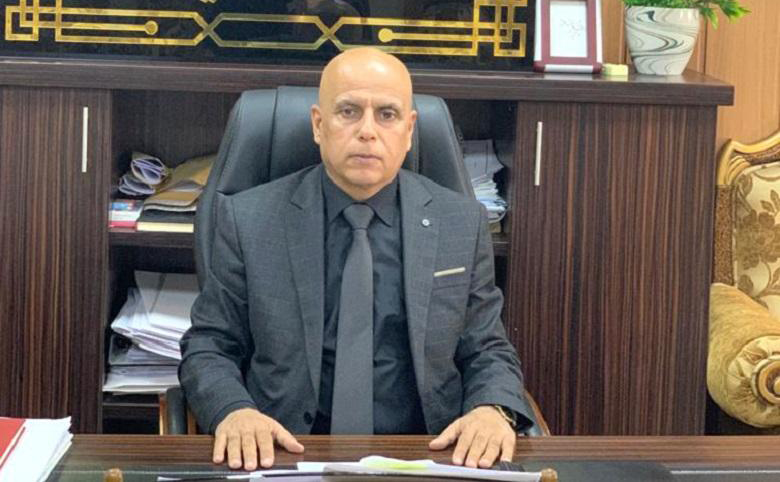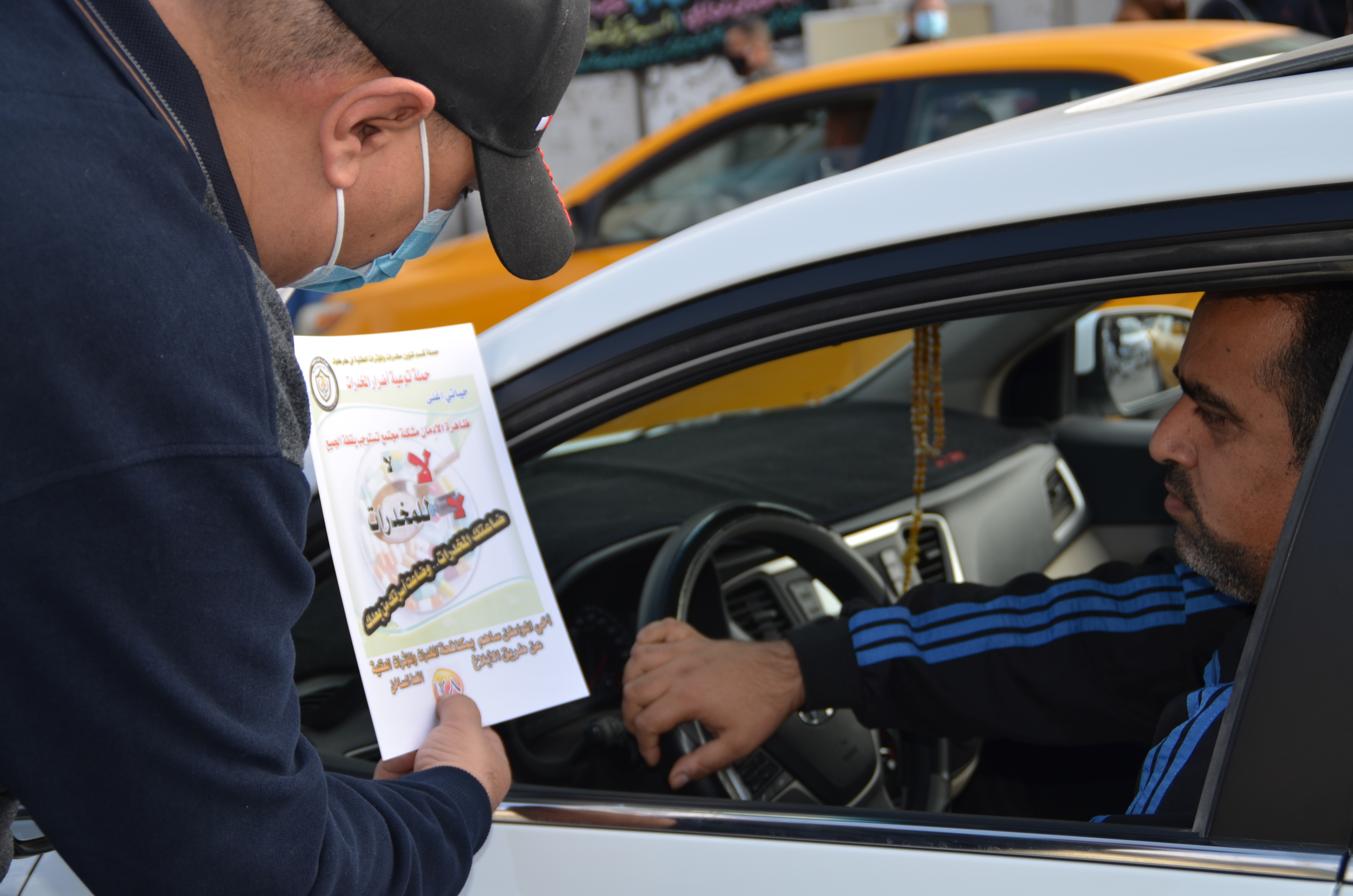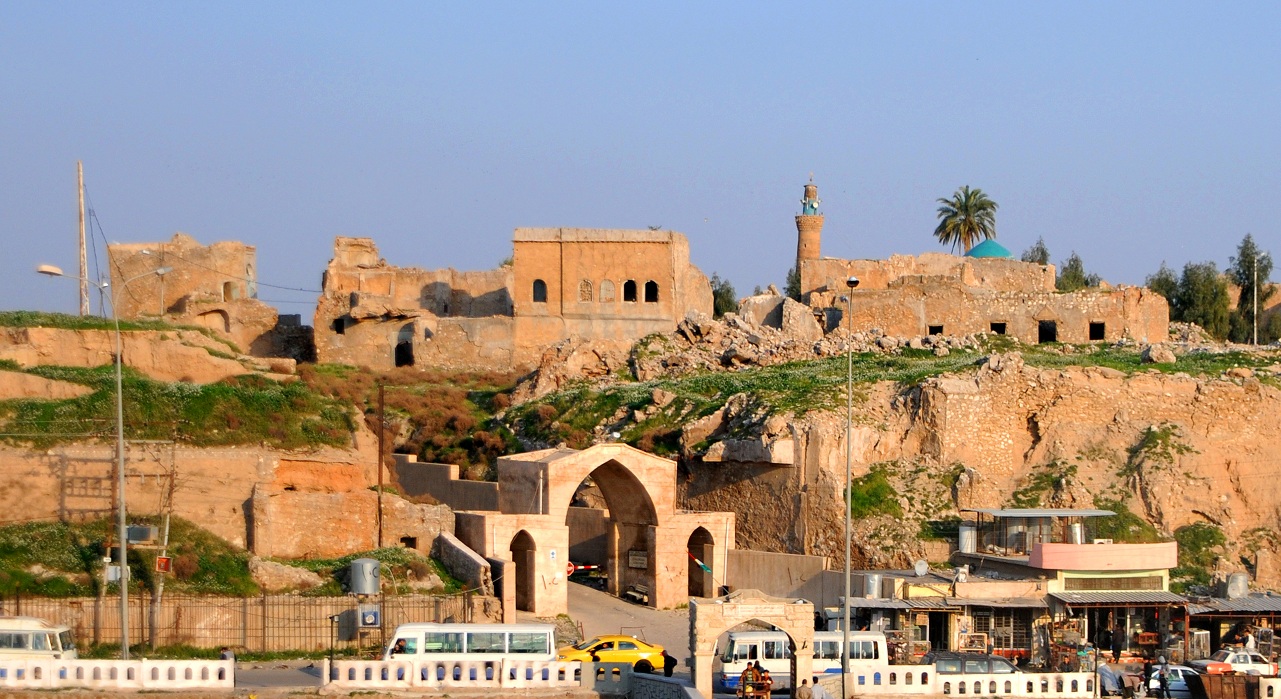A senior judge of Kirkuk revealed that most of court cases are related to terrorism, which are being investigated at a high level, next comes drug cases which are escalating in the last ten years.
Judge Qassim Muhammad, head of Kirkuk Court of Appeal, addressed the main challenges in Kirkuk in an interview published on the website of the Supreme Judicial Council.
"The most important cases that the Kirkuk Federal Appeals court investigates are terrorism cases being investigated at Kirkuk investigation court not in the suburbs as in the past," Judge Muhammad said
He pointed out that the new mechanism is being implemented by "qualified and experienced judges in the field of investigation. The completed cases are then referred to the first and second Criminal Courts of Kirkuk according to the geographic location of the crime, for which criminal courts’ verdicts vary from execution, life imprisonment, to temporary imprisonment according to each case and the size of the crime committed by the terrorists.”
Four years following the Iraqi government declaration for elimination of the Islamic State in Iraq and Levant ISIL in Iraq, the province of Kirkuk and other disputed territories are still witnessing violent acts every week and the security services say that hardly a day passes without arresting people accused or wanted for affiliation with ISIL.
Recently, the attacks by the regrouping militants of ISIL have escalated targeting the Kurdish Peshmerga forces and civilians in the rural areas of Diyala, Kirkuk and Ninewa.
In nine days, November 27th up to December 5th, 22 Peshmerga members and civilians were killed in the deserted regions between the Peshmerga and the Iraqi military and security forces by attacks of ISIL militants.
The oil-rich city of Kirkuk, 238 kilometers north of Baghdad, is an ethnically mixed province for 1.7 million Kurds, Arabs, and Turkmen, Muslims, Christians and Kaka'is. It has long been at the center of disputes between Baghdad and the Erbil.

Judge Qasim Muhammad, President of the Kirkuk Court of Appeal
The head of Kirkuk Court of Appeal said possession and smuggling of drugs are among the important cases considered by Kirkuk investigation courts, and it comes in second place after terrorism cases.
“Numerous rulings have also been issued regarding drug trafficking as well as the issue of drug consumption by misdemeanor courts."
The President of the Court of Appeal pointed out that drug crimes are considered modern crimes, as they began to spread in the last decade, and did not exist before 2003 when Ba’ath party led by Saddam Hussein was ruling Iraq, “and even in the years that followed this period, they were not visible or widespread until after 2010, when this phenomenon began to grow and its cases have doubled.”
According to Kirkuk police statistics, during the first six months of this year, 170 people were arrested in a Kirkuk for charges of drug trafficking, possession and consumption.
" Mostly the cases are individual cases of traffickers or drug users, but investigations have proven some organized gangs and there is cooperation between the security forces and the judiciary to combat this phenomenon due to its seriousness and emphasizing it as it affects the important segment of youth in the society."
With regard to disputes related to the ownership of agricultural lands in Kirkuk, the head of the Kirkuk Court of Appeal says that it is one of the important issues and that it was interrogated by special courts before transferring it to the Court of First Instance in Kirkuk.
“The law and the judiciary are the ones that solve this problem, as many citizens, especially the indigenous people, who were expelled in 2003 from different nationalities and who had proof and documents, officially restored their agricultural contracts after submitting complaints to the judiciary,” senior Judge elaborated.
He explained that the problems and lawsuits of agricultural lands are among the old issues and lawsuits, and that the courts of first instance issue decisions in them according to the directions of the Court of Cassation, noting that "there are contracts that remain blocked because the contractor is not a resident of Kirkuk. and here he is considered to have received his dues, and he is not entitled to lift the blocking.”
These agricultural contracts, according to the President of the Court of Appeal, were previously concluded and frozen under the provisions of Article 140 of the Constitution, but the owners of the frozen contracts began to file lawsuits with the courts to lift the freeze, so the Court of Cassation went to the Court of Cassation as long as the person is from the original residents of Kirkuk Governorate, unless he is an expatriate, then there is no A justification for the freezing to remain on the contracted land, unless he receives a fair compensation, that he has waived his contract here. He cannot lift the freezing of his contract.
According to the decisions of the dissolved Revolutionary Command Council and the Northern Affairs Committee during the era of the dissolved Baath party also, under the leadership of the former regime leader Saddam Hussein, the agricultural lands owned by Kurdish farmers were distributed to other farmers of Arab nationalism according to agricultural contracts, but the Kurdish farmers returned again to their lands in 2003 after the fall of the former Iraqi regime.
However, the Arab farmers say they have "certified documents" proving their ownership of the land, so they returned to the area. The documents that farmers talked about include agricultural contracts.

Kirkuk, 2020: Police launch a campaign to educate citizens about the dangers of drug abuse. KirkukNow
The head of the Kirkuk Court of Appeals says that the murders, with sentences ranging from death to life imprisonment and temporary imprisonment, are "few." With regard to the integrity Crimes, he mentioned that officials and civil servants were sentenced.
He pointed out that the governorate is witnessing a state of complete coexistence and good relations between communities, contrary to what others thinks about Kirkuk.
The judge chairs Kirkuk Court of Appeal, which embraces 10 courts, four of which are located in the districts and sub-districts of Hawija, Altun Kopri (Pirdy) and Dubiz (Dibis).





